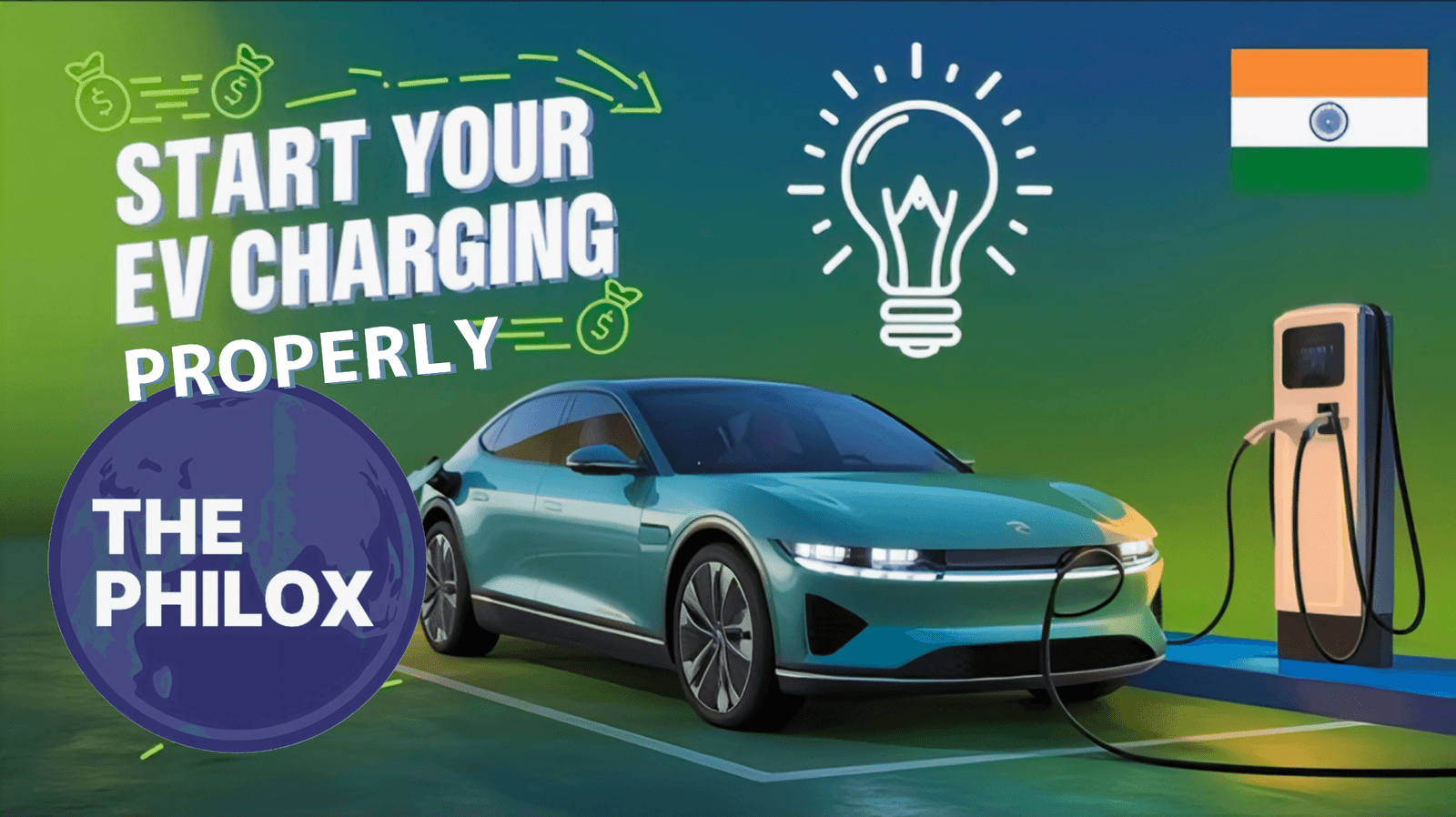Why is No One Investing in Hyundai’s IPO?
The Hyundai Motor India IPO, launched in October 2024, has faced an unexpectedly slow response from investors, leaving many questioning why the offering hasn’t gained the momentum one might expect from such a large, well-known automaker. Despite being the largest IPO in India’s history, the investment enthusiasm remains subdued, and this has puzzled market observers.
In this article, we explore the various reasons behind the low interest in Hyundai’s IPO and provide some hypothetical insights into what might be contributing to the overall caution displayed by investors.
1. Valuation Concerns
One of the key reasons investors are hesitant to dive into the Hyundai IPO is the issue of valuation. At a price band of ₹1,865 to ₹1,960 per share, many experts argue that the stock is priced too high. In particular, comparisons with industry peers like Maruti Suzuki highlight that Hyundai’s price-to-book value is much higher, sitting at around 13.11 times compared to Maruti’s 4.79 times. This gap in valuation raises concerns for potential investors who fear that they may be overpaying for Hyundai shares relative to the value they are receiving.
Moreover, market analysts note that such a high valuation reduces the margin of safety, making investors wary of quick losses, especially since the broader auto industry is currently facing its own headwinds
2. Limited Short-Term Gains
Another factor contributing to the lukewarm response is the limited prospects for short-term gains. Traditionally, IPOs offer an opportunity for quick profits, with some investors hoping for a surge in stock prices post-listing. However, Hyundai’s grey market premium (GMP) has been disappointing, sitting at only ₹67 per share, or a modest 3.42% gain. This is a stark contrast to the bullish sentiment observed in recent IPOs, where much higher GMPs created enthusiasm
Investors looking for a quick return are not encouraged by these numbers. The general consensus is that Hyundai’s IPO may not deliver significant short-term profits, further dampening interest.
3. Selling Pressure from Promoters
Hyundai’s promoters plan to sell off a significant portion of their stake through the IPO, around 17.5%, with an additional 7.5% stake sale expected within three years to meet regulatory requirements. This looming selling pressure has also deterred investors. Large-scale sales by promoters can flood the market with shares, increasing supply and thereby driving down the stock price
The overhanging risk of continued promoter sell-offs in the near future contributes to concerns that the stock’s performance may remain muted for some time post-listing.
4. Auto Industry Slowdown
The broader context of the auto industry is another reason for the IPO’s poor showing. Despite Hyundai being a dominant player, particularly in the SUV market, the entire auto sector has experienced slowdowns in sales. Rising input costs, higher fuel prices, and global supply chain disruptions have affected automakers worldwide, and Hyundai is no exception.
Although the company has a solid market position and plans to invest heavily in electric vehicles (EVs) and expand its production capacity, these moves are part of a longer-term strategy. Investors are wary of Hyundai’s short-term earnings outlook, which is expected to be impacted by the industry’s current struggles
Business & Finance News India.
5. Competing Business Interests
Hyundai Motor India faces another potential risk: competition within its own group. The company’s sister brand, Kia, operates in the same product segments and market, which could lead to conflicts of interest. Kia’s increasing popularity in India adds pressure to Hyundai’s long-term prospects. Investors are concerned that this internal competition could undermine Hyundai’s dominance in certain vehicle categories, particularly SUVs, where both brands have a strong presence
Business & Finance News India.
6. High Investment Requirements
The minimum investment requirement for retail investors is relatively high at ₹13,720, which may deter smaller investors from participating in the IPO. While this is typical for large IPOs, it can limit the pool of potential investors, especially when the broader market sentiment is lukewarm.
7. Hypothetical Reasons for Investor Caution
Apart from the factual concerns mentioned above, there are a few speculative reasons that might be contributing to the cautious approach toward Hyundai’s IPO:
- General Market Sentiment: In recent months, there has been a notable shift in investor sentiment, with many turning toward safer investments like bonds and savings instruments amid global economic uncertainties. As inflation rises and interest rates fluctuate, some investors might be avoiding riskier equity investments, especially IPOs, which come with inherent risks.
- Fatigue from Previous IPOs: With a wave of IPOs flooding the Indian market in 2023 and 2024, it is possible that investors are experiencing IPO fatigue. After a series of high-profile listings, Hyundai’s IPO may not seem as enticing compared to some of the more novel tech or financial services companies that have gone public recently.
- Concerns Over Future Regulation: Investors may also be apprehensive about potential regulatory changes in India’s auto sector, especially with the push for stricter emissions norms and the rapid shift toward electric vehicles. Any significant policy changes could impact the profitability of traditional automakers like Hyundai, which still relies heavily on internal combustion engine (ICE) vehicles.
8. Long-Term Potential Still Promising
Despite these concerns, some analysts remain optimistic about Hyundai’s long-term prospects. The company has a robust growth plan in place, including investments in electric vehicles and capacity expansions. For long-term investors, Hyundai’s strong market position, particularly in the premium SUV segment, and its focus on future technologies make it an attractive prospect
Business & Finance News India.
However, the key takeaway is that Hyundai’s IPO is more of a marathon than a sprint. Investors looking for quick returns might want to look elsewhere, but those with a longer-term horizon could find significant value in Hyundai’s business over time.
Conclusion
In summary, the Hyundai Motor India IPO has seen a slow start due to several factors, including high valuations, limited short-term gains, industry-wide challenges, and internal competition within the Hyundai-Kia group. While these concerns have led many investors to sit on the sidelines, the company’s long-term potential remains strong for those willing to stay invested for the future.
For investors considering the IPO, the key is to manage expectations: Hyundai might not deliver explosive short-term returns, but its solid market position and forward-thinking strategies in electric vehicles make it a worthwhile consideration for long-term growth.









